Discharge in Bankruptcy – Bankruptcy Basics
Sawin & Shea
AUGUST 30, 2023
What is Bankruptcy? Bankruptcy is an opportunity for someone to forge their way through what seems like an impossible debt-ridden situation and come out the other side. It is a legal way of either consolidating or discharging allowable debts in order to get a fresh start. Which Debts Cannot be Discharged in Bankruptcy?





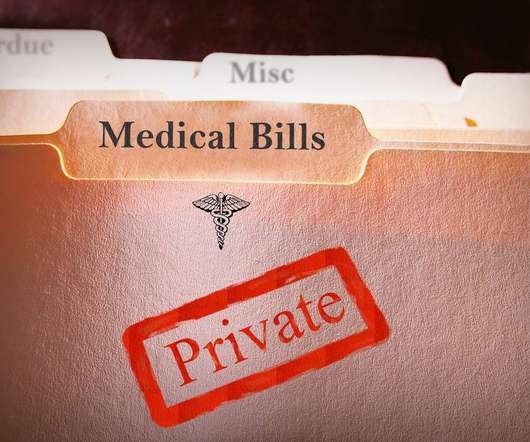
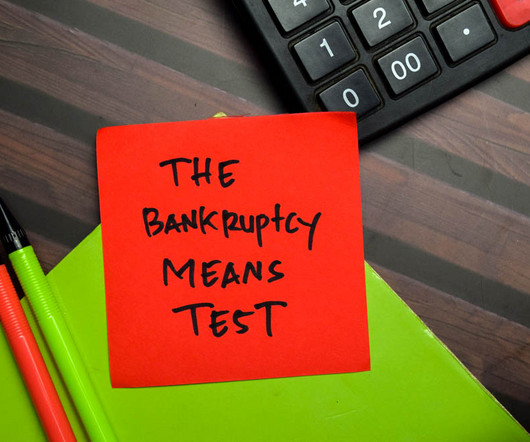





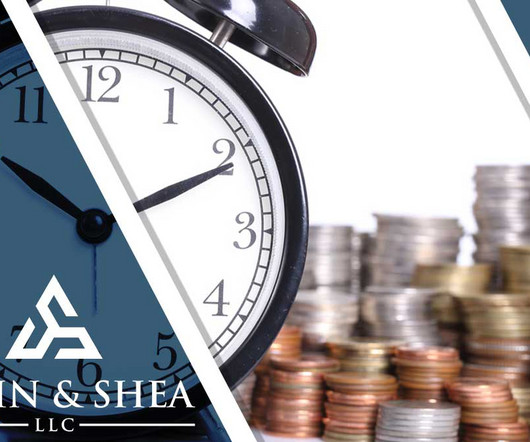
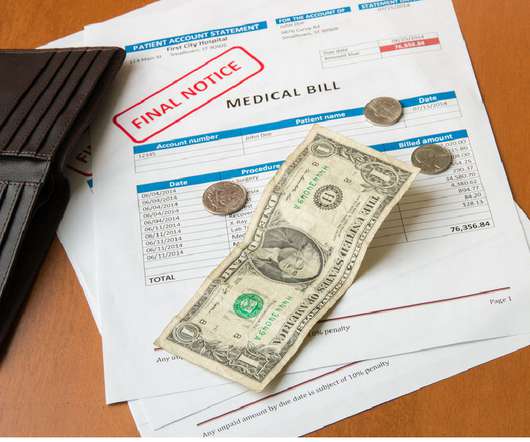

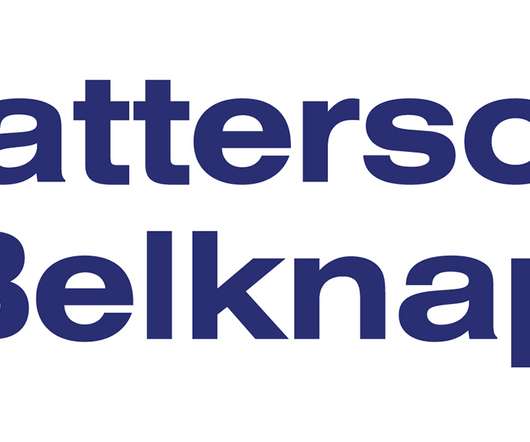
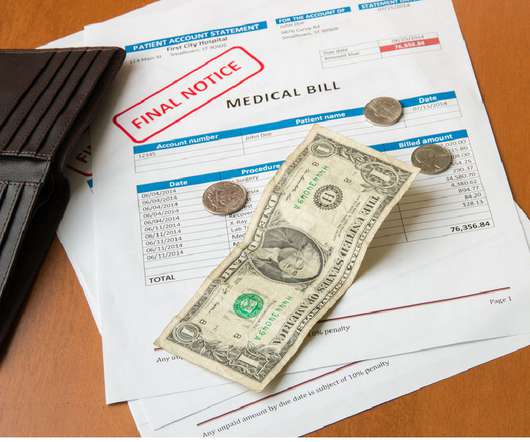














Let's personalize your content